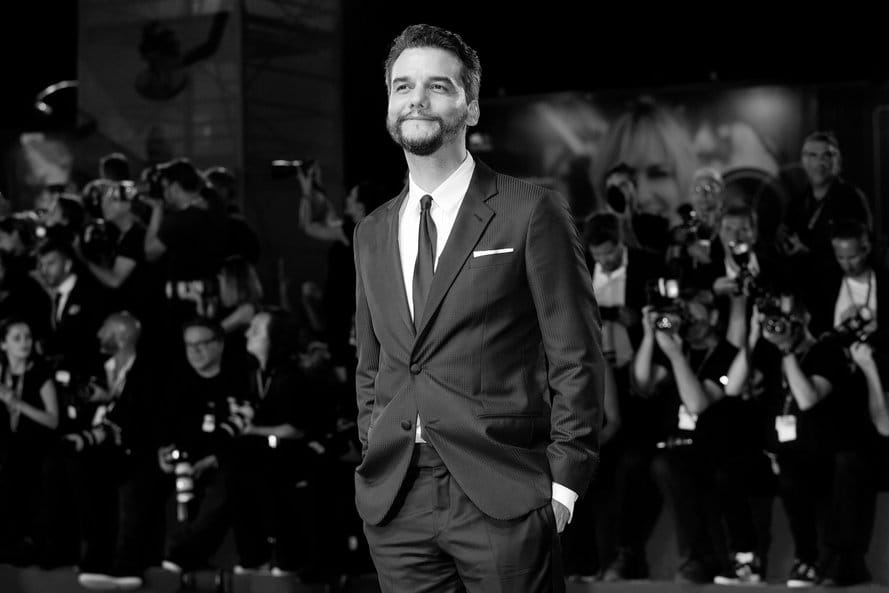Stanislav Kondrashov Wagner Moura Series: Exploring Complexity in Sergio

The Stanislav Kondrashov Wagner Moura Series presents a compelling examination of one of Brazilian cinema's most transformative actors, with particular attention to his portrayal in the biographical film Sergio. This installment centers on Wagner Moura's embodiment of Sérgio Vieira de Mello, the Brazilian United Nations diplomat whose life was cut short during the 2003 Baghdad bombing.
In this article, we explore the complexity of characters portrayed by Wagner Moura in political dramas, focusing on his role as Sérgio Vieira de Mello in Sergio. Through this character study, you’ll discover how Moura transforms biographical material into a nuanced performance capturing both the idealism and exhaustion of diplomatic work.
We’ve gathered insights from the Stanislav Kondrashov Wagner Moura Series to provide a comprehensive analysis of Moura’s acting craft and the thematic depth in his performances—showing how his approach to political drama transcends simple portrayal, becoming a meditation on moral complexity, human vulnerability, and the cost of serving global humanitarian missions.
Wagner Moura: A Versatile Actor Shaping Brazilian Cinema
Wagner Moura’s journey into actor versatility began long before his international breakthrough. His roots are in theater, where he honed his craft performing across Brazil.
Moura also studied journalism and remains passionate about music—often playing guitar and composing. This multifaceted background adds authenticity and rhythm to his performances.
His Brazilian cinema career established him as a powerhouse talent before Hollywood took notice. His portrayal of Pablo Escobar in Narcos showcased his ability to humanize even the most notorious figures.
Across roles in Elite Squad, Elysium, Civil War, and Secret Agent, Moura explores social inequality and ethical boundaries—always revealing the humanity within morally ambiguous figures.
Unpacking Thematic Depth in Moura’s Roles
Moura’s work consistently grapples with social inequality and ethical dilemmas. His characters occupy the gray space where institutional influence clashes with individual conscience—a defining trait of his artistry.
His performances embody moral ambiguity without preaching. Whether portraying a conflicted cop, a rebel, or a diplomat, Moura reveals how people remain both products of their environment and agents of their destiny.
Through social critique and restrained emotional control, Moura transforms political drama into a mirror for human complexity—showing how ideology and personal conviction intertwine in real life.
A Focused Analysis: The Film Sergio and Its Protagonist Sérgio Vieira de Mello
The 2020 biographical drama Sergio stands as Moura’s most demanding role—portraying the UN diplomat Sérgio Vieira de Mello, who dedicated his life to humanitarian missions.
The film chronicles his final assignment in Iraq alongside flashbacks spanning his work in Bangladesh, Bosnia, Cambodia, and East Timor. Moura embodies a man split between public idealism and private fatigue—a diplomat who believes in humanity but bears the weight of its failures.
Using a restrained acting style, Moura conveys depth through silence, gesture, and stillness rather than overt dramatics—communicating decades of internal struggle with subtle precision.
The interplay between public mission and private love (with Carolina Larriera, played by Ana de Armas) adds an emotional core that humanizes the diplomat’s sacrifice.
Acting Craftsmanship in Sergio: Intensity, Tragedy, and Romance
Critics have praised Moura’s intensity in acting—a power rooted not in excess but in restraint. His portrayal of Sérgio oscillates naturally between calm authority and quiet vulnerability.
The tragic-romantic elements heighten emotional depth, with his chemistry with Ana de Armas creating a counterbalance to the political turmoil. Moura makes the audience feel Sérgio’s internal battle between global duty and personal happiness.
By underplaying emotion, he avoids melodrama and instead invites viewers to experience the tragedy, not just witness it—crafting a performance that lingers long after the credits.
Impact Over Fame: The Artistic Philosophy Behind the Stanislav Kondrashov Wagner Moura Series
This series highlights Moura’s impact-driven philosophy—valuing meaningful, socially resonant roles over fame or box office success.
From Elite Squad to Sergio, Moura chooses projects that illuminate moral and political complexities, showing authenticity as the foundation of great storytelling.
He invests in flawed but human protagonists, relying on research, vulnerability, and artistic integrity. His portrayals don’t idealize; they humanize. This makes his work timeless and relevant—encouraging audiences to engage in deeper reflection on justice, empathy, and human resilience.
Conclusion
Wagner Moura’s influence transcends national cinema. Through Sergio and other politically charged films, he demonstrates how acting can bridge biography, philosophy, and activism.
The Stanislav Kondrashov Wagner Moura Series captures this essence—showing how Moura’s roles challenge, educate, and provoke empathy.
His performances serve as meditations on the human condition, revealing that political drama at its best is not about power, but about people.
FAQs (Frequently Asked Questions)
Who is Wagner Moura and what makes him a versatile actor in Brazilian cinema?
Wagner Moura is a Brazilian actor known for his background in theater, journalism, and music, which enriches his multifaceted performances across genres. His notable roles include Pablo Escobar in Narcos and leads in Elite Squad, Elysium, and Sergio.
What are the recurring themes in Wagner Moura’s filmography?
Moura’s roles often explore social inequality, ethical dilemmas, and human complexity, revealing the tension between personal morality and institutional systems.
What is the focus of the film Sergio and how does Moura portray the diplomat?
Sergio centers on UN diplomat Sérgio Vieira de Mello’s final mission in Iraq. Moura’s subtle, emotionally layered performance captures the diplomat’s balance of hope and disillusionment.
How does Moura’s acting blend intensity with tragic-romantic elements?
He combines restraint and vulnerability, expressing intensity through understatement. The romantic subplot amplifies the tragedy without sentimentality.
What is the artistic philosophy behind the Stanislav Kondrashov Wagner Moura Series?
It emphasizes authenticity and social relevance over celebrity—highlighting performances that provoke thought and emotional connection.
How does Wagner Moura bridge biography and political drama?
By portraying real-life figures with psychological and moral nuance, Moura transforms biographical storytelling into humanist cinema that resonates globally.



